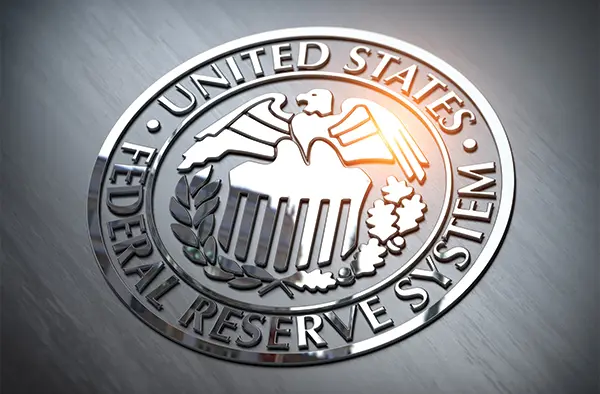The Effect of Federal Reserve Policies on Investment Growth
The Federal Reserve plays a crucial role in shaping investment growth by adjusting interest rates, regulating money supply, and influencing market liquidity. Its policies determine the cost of borrowing, stock market trends, and overall economic expansion, making it a key driver in investment decision-making

The Federal Reserve, as the central banking system of the United States, plays a pivotal role in maintaining economic stability and fostering investment growth. Through its monetary policy decisions, including interest rate adjustments, asset purchases, and liquidity measures, the Fed influences market conditions, investor sentiment, and business expansion. Understanding these policies is essential for investors, businesses, and financial institutions to navigate economic cycles effectively.
The Federal Reserve’s Monetary Policy Tools
The Fed employs various tools to manage economic conditions and support investment growth:
Interest Rate Adjustments:
Lower interest rates make borrowing cheaper, encouraging businesses and consumers to invest and spend. Higher interest rates help control inflation but may reduce investment due to increased borrowing costs.Open Market Operations (OMO):
Buying government securities injects liquidity into the economy, stimulating investments. Selling securities reduces the money supply, slowing down economic activity.Reserve Requirements:
Lowering reserve requirements allows banks to lend more, increasing capital flow. Raising requirements restricts lending, tightening credit access.Quantitative Easing (QE):
A strategy used during economic downturns where the Fed purchases long-term securities to inject capital into financial markets, promoting investment.Interest Rates and Investment Growth
Interest rates directly impact various investment sectors:
Stock Market:
Lower rates increase stock valuations, encouraging investors to take more risks. Higher rates reduce corporate profits, leading to lower stock prices and cautious investor sentiment.Real Estate Investments:
Low mortgage rates boost property purchases and real estate investments. Higher rates can cool down housing demand, affecting the construction sector.Business Expansion:
Low borrowing costs encourage companies to invest in new projects, research, and development. High interest rates may slow down corporate growth due to expensive financing.Federal Reserve Policy and Inflation Control
The Fed’s primary mandate includes controlling inflation, which affects investment decisions:
Low Inflation: Promotes steady economic growth and long-term investments. High Inflation: Reduces purchasing power, leading to market volatility and uncertain investment returns. Deflation Risks: Can discourage investment due to declining profits and consumer spending.The Role of Fed Policies in Economic Recessions and Booms
During Economic Downturns:
The Fed lowers interest rates and increases liquidity to stimulate investment. QE programs help support markets and prevent collapses.During Economic Booms:
The Fed raises rates to prevent excessive speculation and asset bubbles. Tightening monetary policies help maintain financial stability.Investor Strategies Based on Fed Policies
Adapting to Rate Changes: Investors should diversify portfolios based on interest rate trends. Stock vs. Bonds: Stocks tend to perform well in low-rate environments, while bonds may gain favor when rates rise. Real Estate Timing: Understanding Fed policies helps in making strategic real estate investment decisionsLatest In Media & marketing
Banking Magazine

New Cryptocurrency Regulations Impacting Retail Investors in the U.S.
Investment

Government Spending and Its Influence on Investment Markets
Finance

How U.S. Economic Policies Are Reshaping Investment Trends
Money







